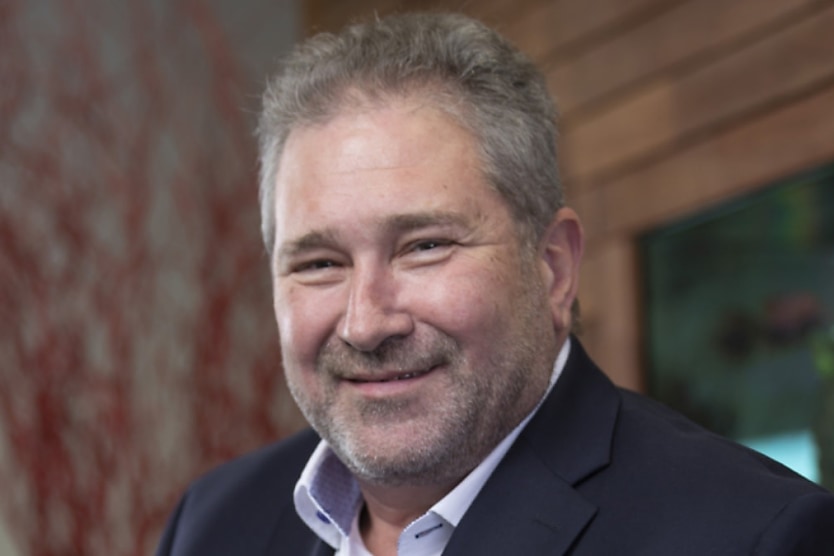Financial literacy is key to bridging the gender economic gap
SHARE THIS ARTICLE

Women represent over 60 per cent of university graduates and half the workplace yet, despite being more educated and experienced than ever before, they are still paid 13.8 per cent less than men and will retire with 30 per cent less superannuation than their male counterparts.
While enormous progress has been made to improve the rights of women in the last 50 years, there are still deep-seated societal and structural issues stopping women from getting a fair go.
According to the Financy Women’s Index Report, economic gender equality in Australia is still 59 years away.
Financy estimates that Australia is 23.4 years away from closing the gender pay gap, 19 years away from closing the superannuation gap, and 59 years away from parity in unpaid work, with women doing around 60 per cent more unpaid work than men.
All this means that women (once again) need to work harder to manage their career, protect and grow their wealth, and plan for the future.
Employers have an important role to play.
In addition to core HR responsibilities like promoting diversity and inclusion, building a safe, healthy culture, and creating opportunities for women to take higher paying management positions, employers can encourage women to engage with their money by offering financial advice and life insurance as part of a bespoke employee benefits program.
According to a report by BT Financial Group, only 37 per cent of women hold some type of life insurance, compared to 46 per cent of men.
Women are also less likely to have trauma, income protection and TPD insurance than men, leaving themselves and their families dangerously exposed to financial hardship in the case of an unexpected accident, illness or injury.
Another report found that while women are increasingly confident about managing their everyday finances, they’re less engaged when it comes to superannuation and investments.
Over 70 per cent of women are key decision makers on household spending but only 53 per cent contribute to decisions on superannuation, and 38 per cent contribute to investment decisions.
Fortunately, there are practical ways to bridge the economic gap, starting with improving financial literacy.
Given women are at greater risk of poverty, housing stress and homelessness in retirement (Women and Super: Spirit Super March 2022), they need to arm themselves with knowledge about money and investments.
Strategies for bridging the economic gender gap may include budgeting, debt reduction, consolidating superannuation accounts, contributing more to superannuation, and moving to lower-cost functional financial products.
Adequate life insurance, including income protection, can also be essential in helping women protect their most valuable asset: their ability to work and earn an income.
While the majority of Australians hold some life insurance through their superannuation fund, the Financial Services Council (FSC) estimates that group life insurance inside super only provides 20 per cent to 30 per cent of a full-time worker’s needs.
A broad employee benefits program, which includes financial advice, can educate employees about money and investments, help them develop good financial habits, and assist them to achieve a comfortable retirement lifestyle.
Importantly for women, and other vulnerable groups in society, it can help them close the economic gap. For employers in today’s ultra-competitive environment, it can help them attract, retain and reward talent.
Gareth Hall is the chief executive officer of Lifestyle Financial Services
RELATED TERMS
The term "gender pay gap" refers to the customarily higher average incomes and salaries that men receive over women.
